U.S. President Donald Trump said Thursday he will decide within two weeks whether to commit U.S. military forces to the escalating conflict between Israel and Iran, citing a “substantial chance” for renewed diplomatic talks over Tehran’s nuclear program, as both nations exchanged fire for a sixth straight day.
Trump is considering a strike on Iran’s heavily fortified Fordow uranium enrichment facility, buried deep beneath a mountain and believed to be resistant to all but America’s most powerful bunker-busting bombs.
His remarks were delivered by White House press secretary Karoline Leavitt.
Earlier Thursday, Israeli Defense Minister Israel Katz issued a stark warning to Iranian Supreme Leader Ayatollah Ali Khamenei after Iranian missiles struck a major hospital in southern Israel and hit residential areas near Tel Aviv, injuring at least 240 people.
“The military has been instructed and understands clearly that in order to achieve all of its goals, this man absolutely should not continue to exist,” Katz said.
As medics evacuated patients from the damaged hospital, Israeli warplanes launched new strikes on Iran’s nuclear infrastructure.
Prime Minister Benjamin Netanyahu said he trusted that Trump would “do what’s best for America.” Speaking from the rubble outside Soroka Medical Center in Beersheba, he added: “I can tell you that they’re already helping a lot.”
A new diplomatic effort appeared to be taking shape as Iran’s Foreign Minister Abbas Araghchi prepared to travel Friday to Geneva for meetings with the European Union’s top diplomat and foreign ministers from the United Kingdom, France and Germany.
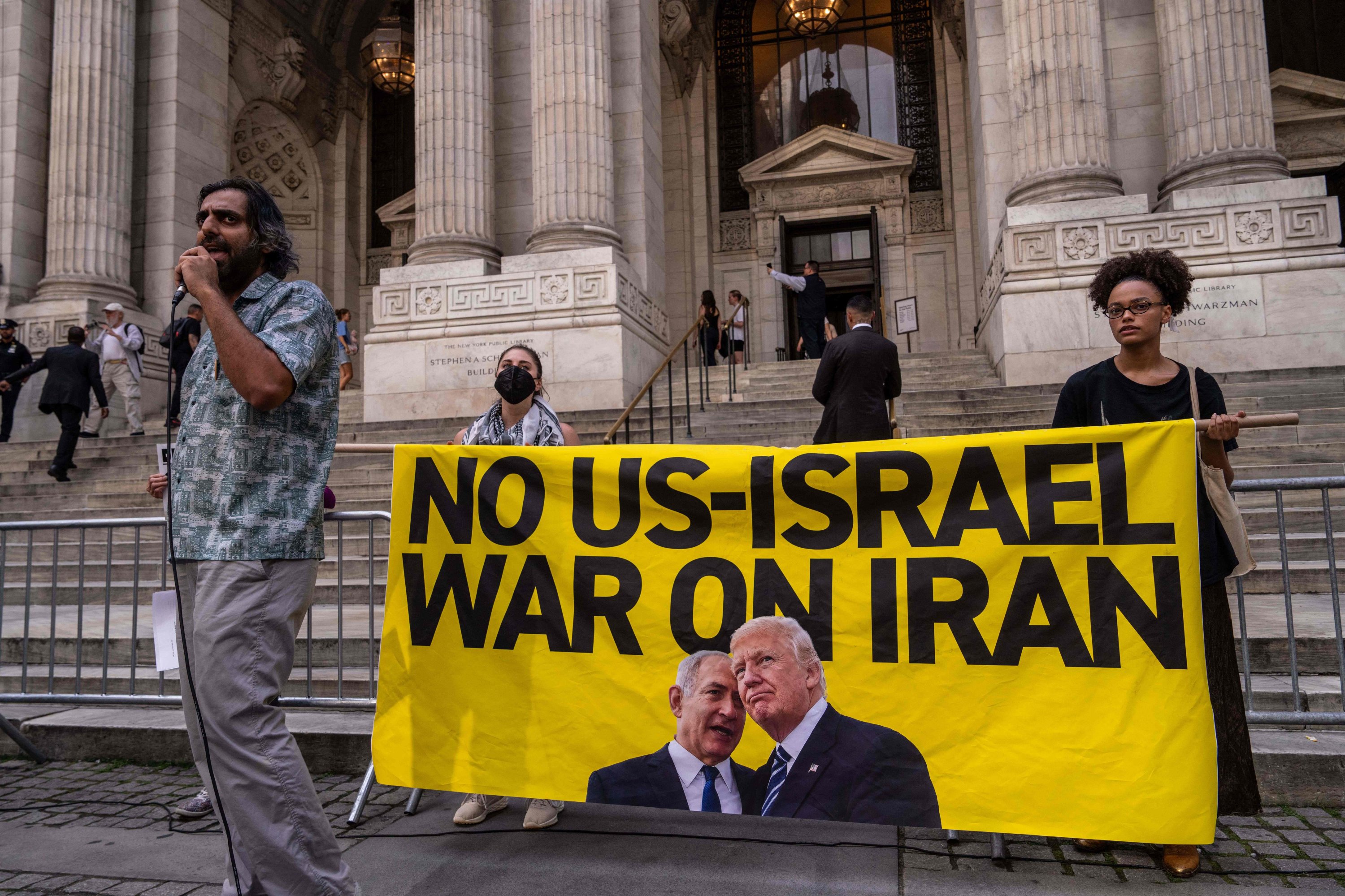
The conflict erupted last Friday with a wave of Israeli airstrikes on Iranian nuclear and military sites, top generals and nuclear scientists.
At least 639 people, including 263 civilians, have been killed in Iran and more than 1,300 wounded, according to a Washington-based Iranian human rights group.
Iran has retaliated with 450 missiles and 1,000 drones, according to Israeli military estimates. Most have been intercepted by Israel’s multilayered air defenses, but at least 24 people in Israel have been killed and hundreds wounded.
Israel’s Home Front Command said one Iranian ballistic missile fired Thursday morning was equipped with cluster munitions. These warheads release dozens of submunitions, which explode over a wide area, posing serious risks to civilians. The military did not specify where the missile was launched.
At least 80 patients and medical workers were wounded in the strike on Soroka Medical Center. Most were lightly injured, as much of the building had been evacuated in recent days.
Iranian officials denied targeting the hospital and claimed the missile was aimed at a nearby Israeli military facility linked to the elite C4i technological unit. The Gav-Yam Negev advanced technologies park, about 2 miles (around 5 kilometers) from the hospital, lists a C4i branch on its website.
The Israeli military did not respond to a request for comment. However, an Israeli official, speaking anonymously in line with regulations, said there was no intelligence suggesting Iran deliberately targeted the hospital.
Many Israeli hospitals, including Soroka, had activated emergency protocols during the past week, converting parking garages into wards and relocating vulnerable patients underground.
Israel’s fortified subterranean blood bank, created following Hamas’ Oct. 7, 2023, incursion, was also activated.
Doctors at Soroka said the missile struck moments after air raid sirens, with an explosion audible from a secure room. The blast damaged an old surgery building and disrupted essential systems, including gas, water and air conditioning. At the time, the hospital was treating 700 patients and has since limited admissions to life-threatening cases.
Iran has long claimed its nuclear program is peaceful. However, it is the only non-nuclear-weapon state enriching uranium up to 60% – just a short technical step from weapons-grade levels of 90%.
Israel is widely believed to possess the only nuclear arsenal in the Middle East but has never officially acknowledged it.
Israel’s air campaign has targeted Iran’s Natanz enrichment site, centrifuge workshops near Tehran, a nuclear facility in Isfahan and several missile launch sites. The destruction of those launchers has contributed to a decline in Iranian attacks since the war began.
On Thursday, anti-aircraft fire was reported across Tehran. Residents in Isfahan also described seeing air defenses in action after nightfall.
Trump’s timeline for a decision has opened the door for diplomacy, with hopes that Iran may make concessions after suffering significant military setbacks.
Publicly, however, Iran has held a hard line.
On Wednesday, Iran’s supreme leader rejected U.S. overtures and warned that any American intervention would cause “irreparable damage to them.”
Iranian Parliament Speaker Mohammad Bagher Qalibaf on Thursday accused Trump of using military threats to gain leverage in nuclear negotiations. A planned round of indirect U.S.-Iran talks, set for last Sunday, was canceled.
“The delusional American president knows that he cannot impose peace on us by imposing war and threatening us,” Qalibaf said.
Israel’s military said it also targeted the Arak heavy water reactor, located about 155 miles southwest of Tehran, to prevent it from being used for plutonium production.
Iranian state television said there was “no radiation danger whatsoever” near the site, which had reportedly been evacuated before the strike.
Heavy water is used to cool nuclear reactors but can produce plutonium as a byproduct, offering Iran a second path to a nuclear weapon, alongside enriched uranium.
Under the 2015 nuclear agreement, Iran pledged to redesign the Arak facility to minimize proliferation risks, but that work was never completed. The site became a flashpoint after Trump withdrew from the deal in 2018.
Ali Akbar Salehi, a senior Iranian nuclear official, said in 2019 that Iran had secretly purchased replacement parts for the reactor, even after it poured concrete into parts of the facility as required by the accord.
Israel said Thursday’s strike aimed to prevent the facility from being restored for weapons purposes.
The International Atomic Energy Agency has said Iran’s restrictions on U.N. inspectors have led to a loss of “continuity of knowledge” about the country’s heavy water production, meaning it can no longer verify Iran’s stockpile or capabilities with certainty.

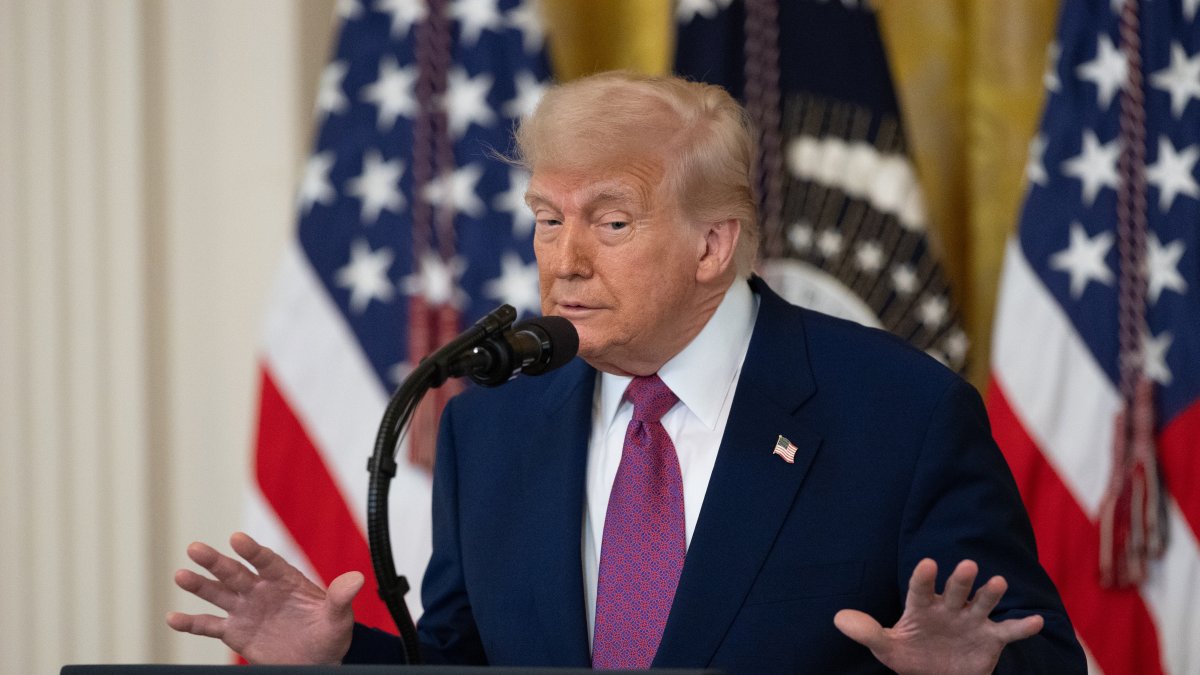
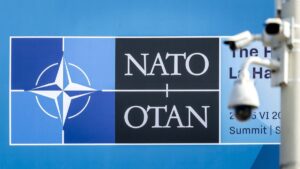


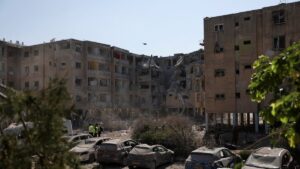
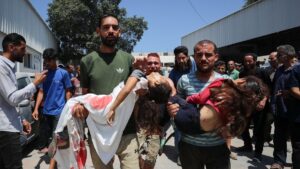
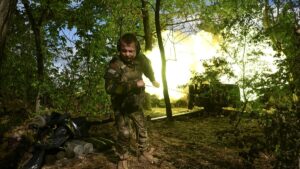
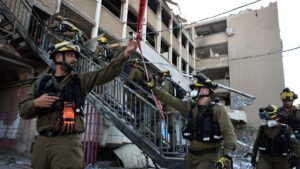

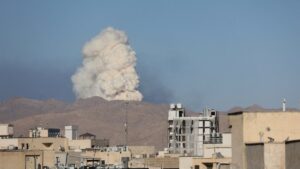

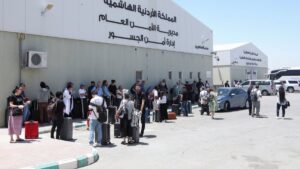
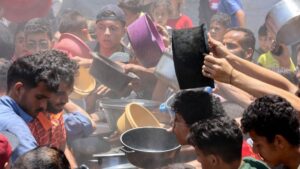
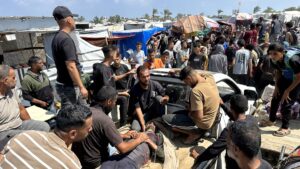
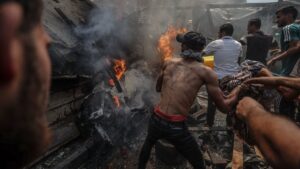
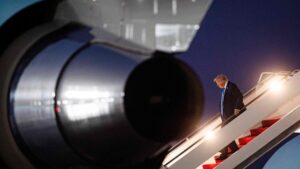



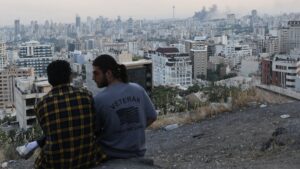
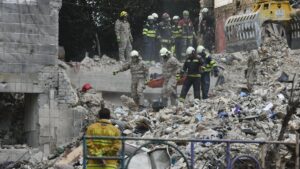
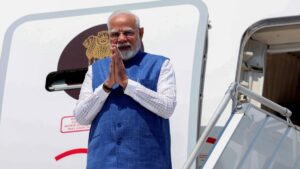
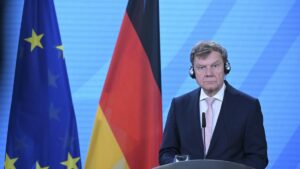
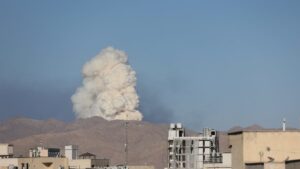
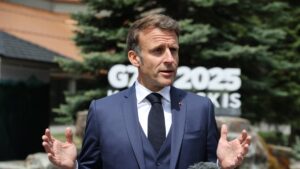
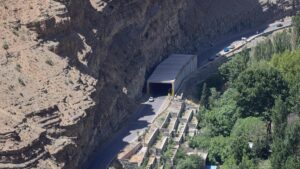
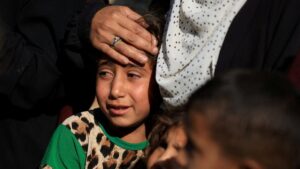
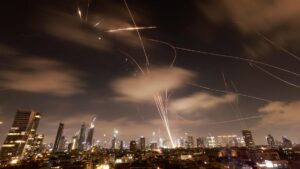
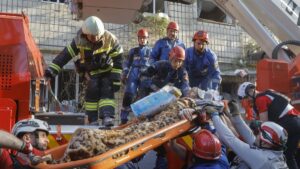





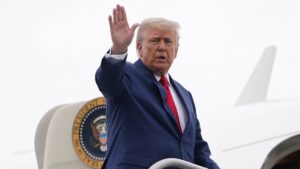
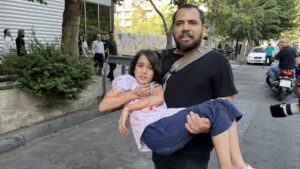
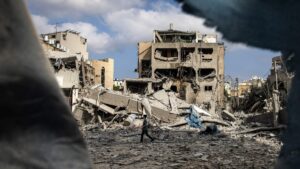

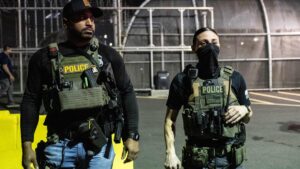
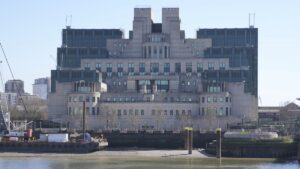
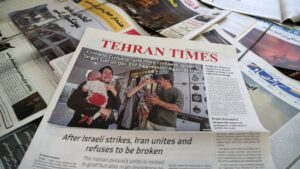
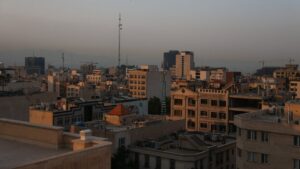
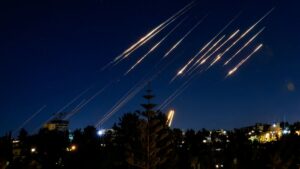
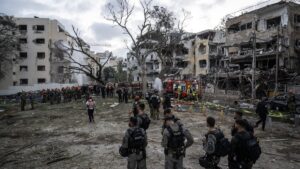


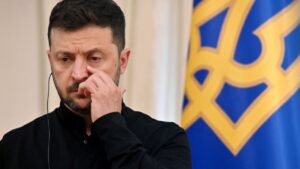
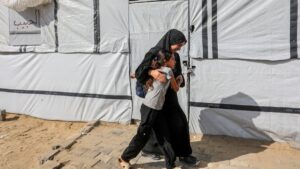
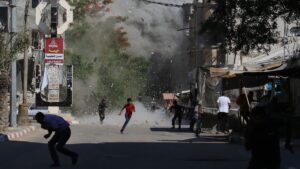
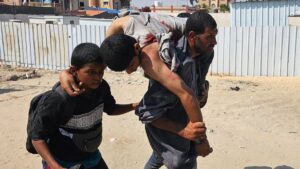
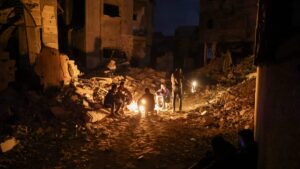
Be First to Comment